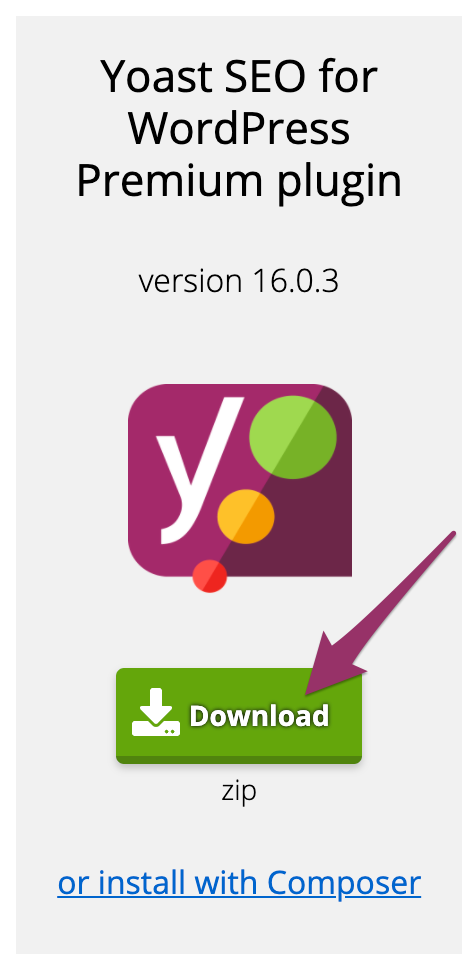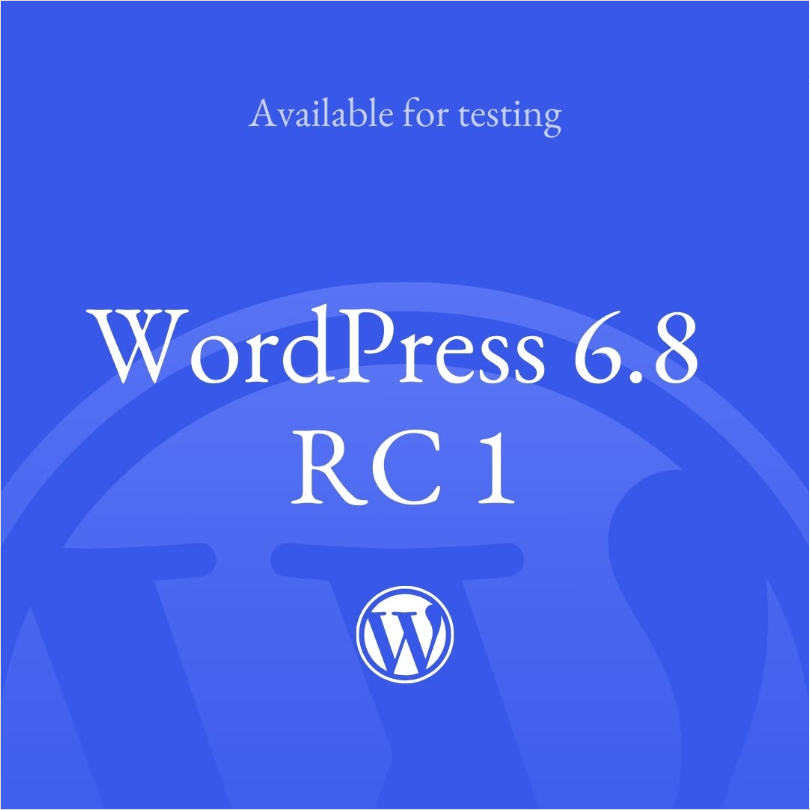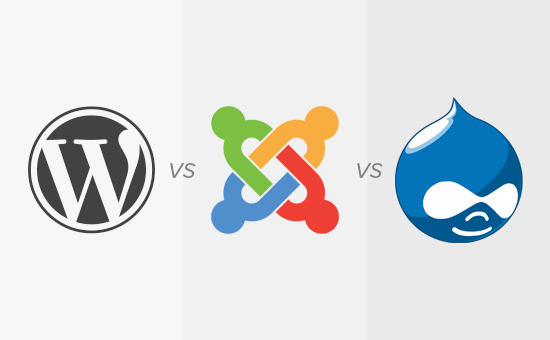Plugin updates are a regular task when it comes to the day-to-day maintenance of your WordPress site, but they often come with risks. Sometimes updated plugins can causeWebsite Functionality Exception,out of order page, or even inaccessible. In the face of these problems.Rollback plugin version It's an efficient emergency strategy that can help you quickly return to a previously stable state and avoid losses and user churn.
![Image [1]-WordPress Plugin Rollback Guide: Easily Restore Stable Versions Before Updates](http://gqxi.cn/wp-content/uploads/2025/07/20250716103052981-image.png)
First, what is the plugin rollback function?
Plugin Rollback is the process of reverting a WordPress plugin back to an earlier version, usually the stable version used before the update. The rollback operation does not affect the content in the database, it just replaces the file version of the plugin.
This feature is perfect for that:
- Plugin updates cause broken functionality or compatibility issues;
- The website has a white screen or 500 Error.;
- Conflicts with current WordPress version or other plugins;
- Newer versions of the plugin are unstable or have too many bugs.
![Image [2] - WordPress Plugin Rollback Guide: Easily Restore Stable Versions Before Updates](http://gqxi.cn/wp-content/uploads/2025/07/20250716154608804-image.png)
Second, what are the common ways to roll back plug-ins?
Method 1: Use WP Rollback plugin (recommended)
WP Rollback The most popular WordPress plugin versioning tool, free, lightweight and secure. Allows you to downgrade a plugin or theme on WordPress.org to any older version with a single click.
Installation and usage steps:
- Install the WP Rollback plugin
- Login to WordPress Backend → Plugins → Install Plugin
- Search for "WP Rollback", click "Install Now" and enable it.
![Image [3] - WordPress Plugin Rollback Guide: Easily Restore Stable Versions Before Updates](http://gqxi.cn/wp-content/uploads/2025/07/20250716154213131-image.png)
Method 2: Manual rollback via FTP (for advanced users)
When WP Rollback doesn't work for certain third-party plugins (e.g. commercial plugins that are not installed on WordPress.org), you can use manual rollback.
The procedure is as follows:
- Delete the current plugin version
- Connecting to the web server using an FTP utility such as FileZilla
- Navigate to
/wp-content/plugins/catalogs - Find the target plugin directory and delete it
![Image [4] - WordPress Plugin Rollback Guide: Easily Restore Stable Versions Before Updates](http://gqxi.cn/wp-content/uploads/2025/07/20250716154406455-image.png)
- Download the old version of the plugin
- If it's an official plugin, click "Advanced View" on the WordPress Plugin Library page.
- Find "Previous Versions" and download the target.
.zipfile
- Uploading old plugins
- Unzip the downloaded plugin package
- Upload the entire plugin folder to the
/wp-content/plugins/center - or via WordPress backend → Plugins → Upload Plugin → Manual Upload
.zipinstaller
- Re-enable the plugin and test that functionality is restored
Third, how to determine whether a rollback is needed?
In the following cases, your site may need to consider rolling back the plugin version:
- The site reports errors, white screen or inaccessibility after plugin update;
- Front-end typos and page jams;
- Interactivity issues such as a function button not responding, a form not submitting, etc;
- Serious conflicts with themes or other plugins;
- Massive negative feedback or bug reports on the plugin's official forums.
Scenarios where rollback is not recommended:
- It's just because I'm not familiar with the new version of the interface;
- The new version brings slightly different functional behavior but does not cause real problems;
- Plugin updated as a security patch (it is recommended to wait for a fix update instead of downgrading directly).
Fourth, the plug-in before rolling back the notes
- Always back up your website
Use UpdraftPlus or another backup plugin to backup the entire site files and database before rolling back.
![Image [5] - WordPress Plugin Rollback Guide: Easily Restore Stable Versions Before Updates](http://gqxi.cn/wp-content/uploads/2025/07/20250716154633761-image.png)
- Record the current plugin version
If you need to upgrade again, you can know exactly what version is currently in use and the target version. - Clear the cache and test again
In particular, the use of caching plugins (such as WP Rocket) or CDN services (such as Cloudflare) site, the cache needs to be cleared after an update or rollback to see results. - It is not recommended to stay in the old version for a long time
Rollback is only a temporary measure, it is recommended to wait for the developer to fix the bug before upgrading back to the new version to ensure security.
V. Use of version control management plug-ins
For developers or advanced users, you can use Git to manage versions of WordPress plugins and themes, combining a local development environment and release process to further improve stability and efficiency.
Recommended Tools and Methods:
- utilization WP-CLI Manage plug-in versions (can install specific versions)
- Use Git to create a local branch, test the update and then merge it into production.
- Automate plugin rollback and deployment in conjunction with CI/CD tools such as GitHub Actions
![Image [6] - WordPress Plugin Rollback Guide: Easily Restore Stable Versions Before Updates](http://gqxi.cn/wp-content/uploads/2025/07/20250716154707376-image.png)
VI. Summary
While plugin updates are an important operation for securing your site, incorrect or incompatible updates can also lead to serious consequences. Learning to use WordPress's rollback features, especially the WP Rollback plugin, can dramatically improve maintenance efficiency and get your site back up and running quickly.
Link to this article:http://gqxi.cn/en/67574The article is copyrighted and must be reproduced with attribution.























![Emoji[jingya]-Photonflux.com | Professional WordPress repair service, worldwide, rapid response](http://gqxi.cn/wp-content/themes/zibll/img/smilies/jingya.gif)






No comments